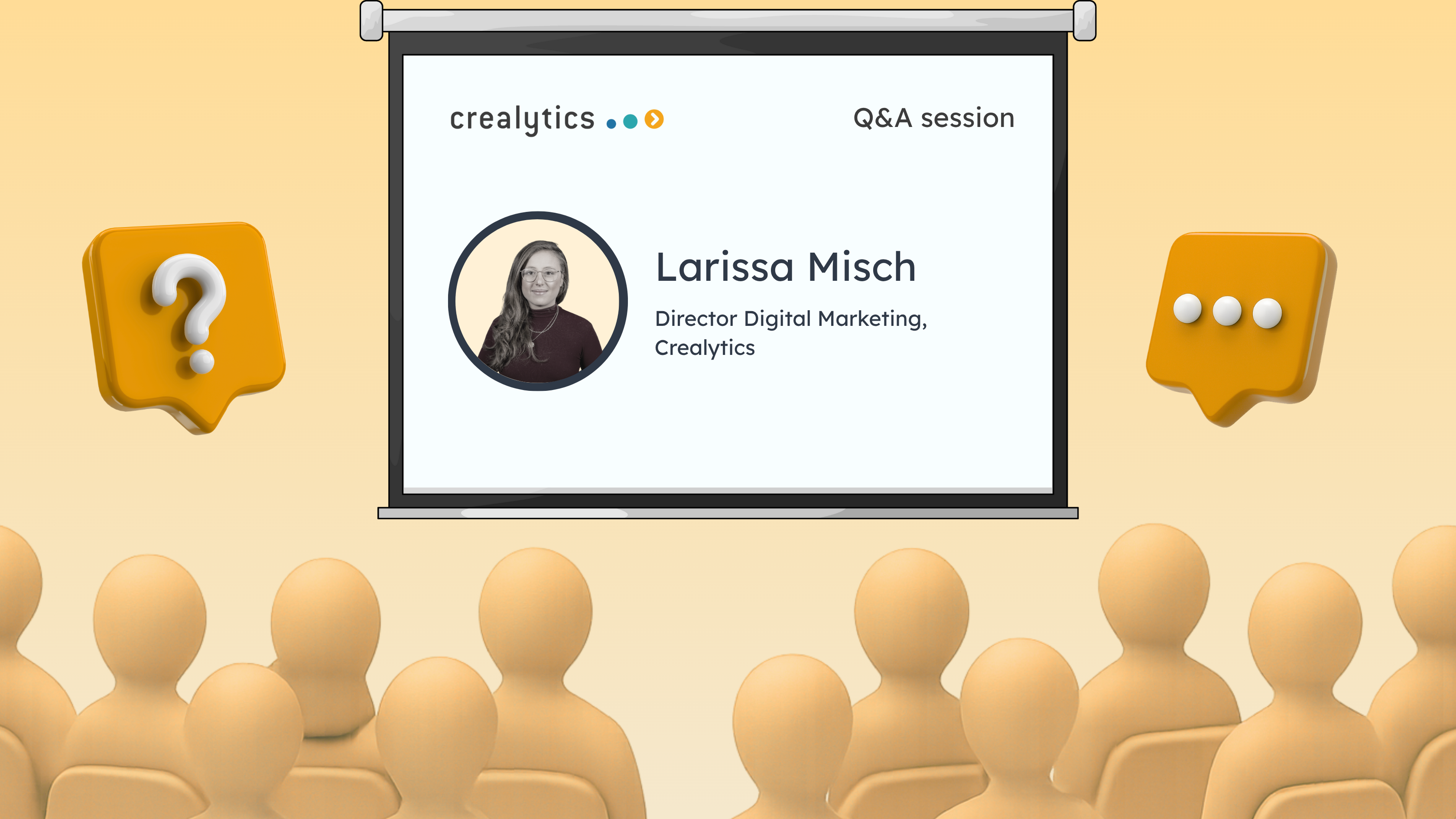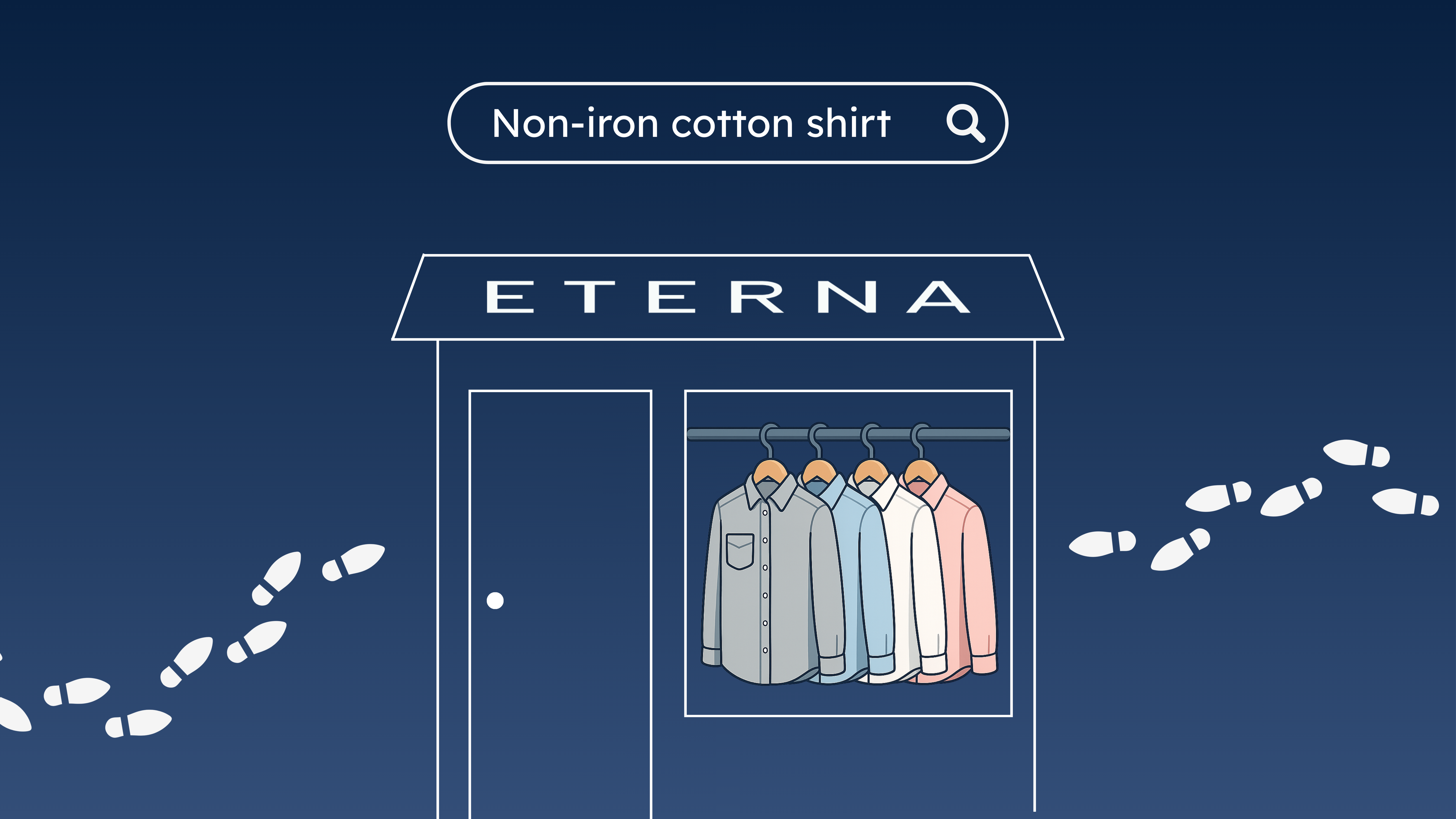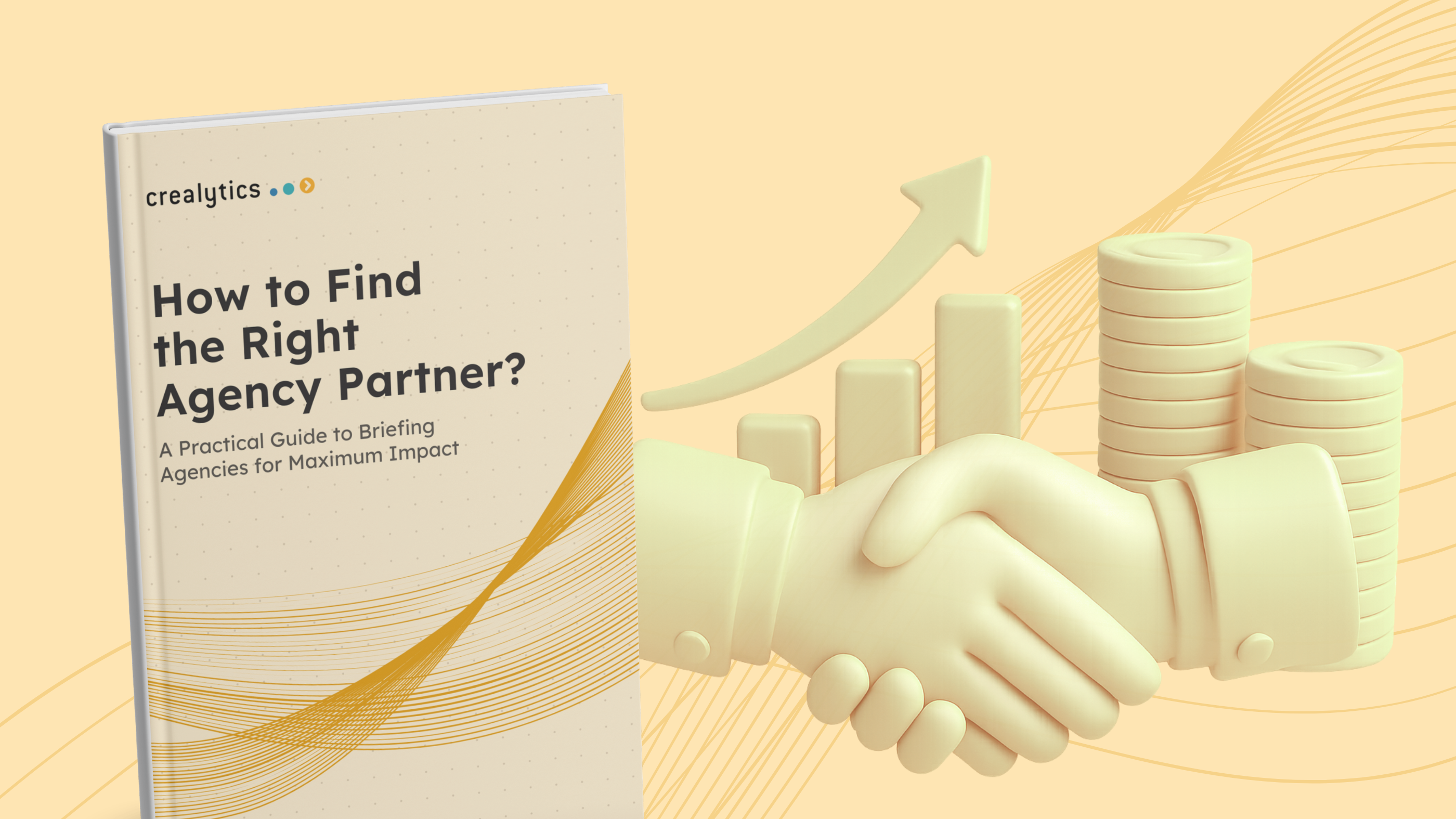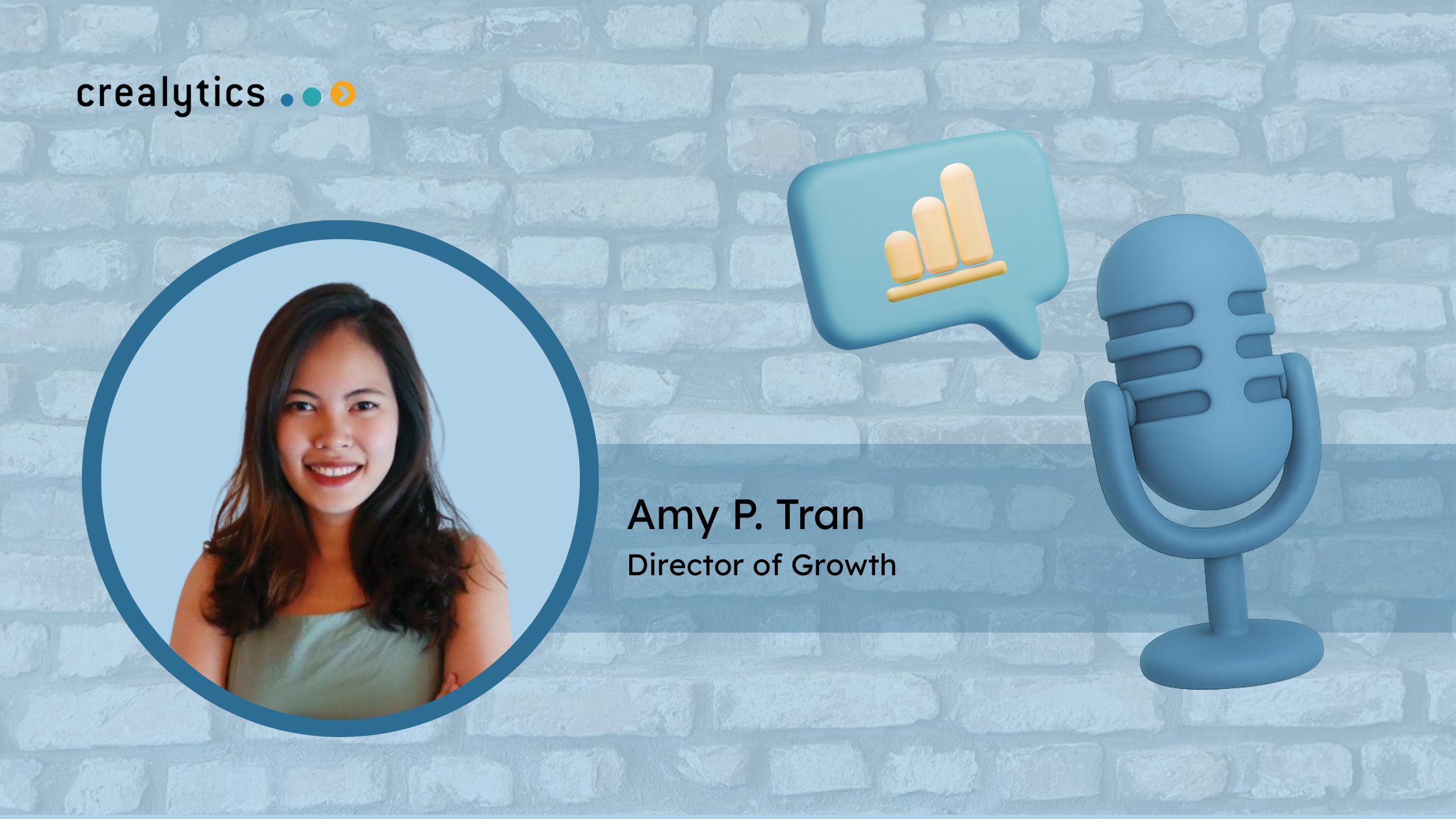Mood Monitoring via Reddit & Facebook Communities: Elevating Paid Media Strategy for DTC Brands
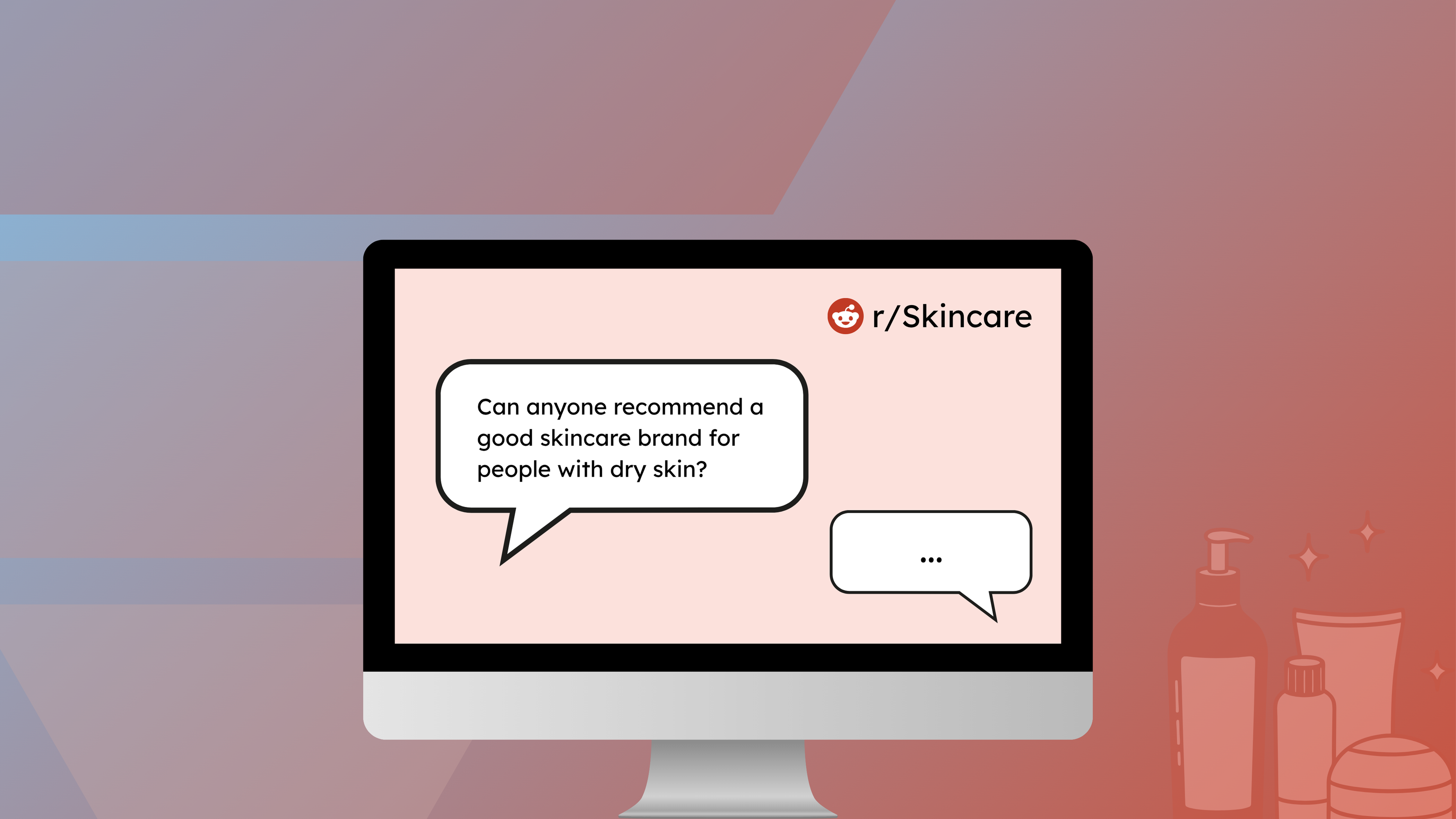
In today’s direct-to-consumer (DTC) ecosystem, focusing solely on click-through rates, conversion funnels and media-efficiency metrics is no longer enough. Leading brands are adding a qualitative layer: the emotional tone, sentiment and conversations unfolding across community platforms like Reddit and Facebook Groups.
By monitoring these spaces, CMOs and growth directors gain early signals of shifting consumer mood, pain-points, emerging micro-trends and peer narratives: insights that can directly inform paid-media strategy. Rather than treating paid media as isolated execution, mood-monitoring makes it responsive, culturally aware and brand-aligned.
The following sections explore why these platforms are rising, how community threads influence DTC paid media, and the actions senior leaders can take.
The Rapid Rise of Digital Communities: A Strategic Shift for Paid Media Leaders
How Reddit and Facebook Groups Became High-Volume Consumer Voice Channels
Community platforms have moved from niche subcultures to mainstream infrastructure. Their scale now rivals traditional social networks and in some cases surpasses them in depth of engagement.
· Reddit reported over 82 million daily active users and a substantial increase in time spent on the platform ahead of its 2024 IPO, according to its SEC filing and financial reporting. That base continues to grow in 2025 as Reddit expands internationally and invests in better community tools.
· Facebook Groups remain one of Meta’s most durable products. Meta confirmed that over 1.8 billion people engage in Groups every month, spanning millions of active communities across categories such as parenting, beauty, fashion, fitness and local commerce.
· Statista notes continued YoY growth in participation across interest-based and private communities, driven by consumers’ desire for more controlled, transparent, and trusted digital spaces.
For DTC executives, this scale means these platforms can no longer be treated as peripheral listening posts but core consumer voice channels shaping sentiment, discovery and purchasing behaviour.
The Power of Peer Validation in High-Consideration DTC Purchases
Consumers increasingly rely on peer validation before making purchases, especially in DTC categories where product experience, quality, and brand promise vary widely.
Reddit plays a significant role in this shift. Reddit’s pre-IPO disclosures showed its influence on product discovery, with many subreddits (e.g., r/SkincareAddiction, r/malegrooming, r/femalefashionadvice) acting as category-specific advisory hubs.
In parallel, Meta internal research shows that community spaces generate substantially higher trust scores than open-feed environments. Group members perceive peer commentary as “closer to real consumer experience,” which increases persuasion and message retention.
In practice, that means:
· Conversations in Groups and subreddits become organic “focus groups.”
· Product recommendations feel more genuine and less promotional.
· Negative sentiment travels quickly and requires earlier visibility for brand mitigation.
This authenticity makes community-driven spaces invaluable for mood monitoring across DTC categories.
The Consumer Shift Toward Community-Led, Dialogue-Driven Platforms
Consumers are moving away from algorithmic feeds toward environments where they feel more agency, safety and relevance.
Several macro forces are accelerating this shift:
· Economic pressure and value-seeking: In periods of inflation and uncertainty, consumers look for peer guidance before spending.
· Fragmentation of attention: eMarketer highlights that Gen Z and Millennials spend significantly more time in private or semi-private channels (Groups, Reddit, Discord, WhatsApp) than in traditional social feeds.
· Preference for conversation over broadcast: Reuters analysis notes that platforms built on discussion, debate and topic-led participation are growing faster in engagement than feed-based networks.
Together, these shifts point to a fundamental behavioural change: Consumers want environments where they can ask, probe, compare and validate, not just scroll.
For DTC leaders, this means sentiment originates earlier and spreads faster in community spaces than in paid channels. The brands that plug into these conversations gain directional advantage; those that ignore them risk running paid media blind to context.
How Community Conversations Shape Paid Media Performance
Using Community Data to Detect Consumer Pain-Points Before They Scale
Community forums surface friction, language changes and dissatisfaction ahead of broad-scale data. For example, users in a Facebook Group may start complaining of sizing inconsistency, which then influences ad creative or landing page messaging. Paid media can then re-align quickly to reflect the mood.
Ignoring this risks running campaigns with stale or mis-calibrated messaging.
Turning Community Micro-Signals Into Creative and Targeting Advantage
Threads on Reddit or Facebook Groups often highlight emergent sub-themes (e.g., sustainability in packaging, community co-creation desires, new product use-cases) that may not yet appear in macro-panel data. Incorporating those insights into paid-media creative and targeting can generate higher relevance and resonate with niche segments.
Thus a paid-media strategy that monitors mood gains creative differentiation and resonance.
Advanced Audience Segmentation Through Community Psychographics
Community platforms reveal nuanced psychographics: what sub-groups care about, their language, opinions, behaviours. For DTC brands, this enables deeper segmentation beyond demographic buckets: for example segmenting by community-language (“eco-minimalist kiosk shoppers” vs “fast-fashion bargain hunters”) and aligning paid-ad sets accordingly.
CMOs who neglect this level risk paying for broad-brush campaigns rather than tailored resonance.
Using Community Feedback Loops to Sharpen Messaging and Positioning
Community forums act as free-range test beds for messaging, positioning and even new product ideas. Paid-media teams can monitor thread responses to proposed initiatives and refine ad copy or offer propositions accordingly. This lowers risk of poor-performing campaigns and raises potential ROAS.
Essentially, mood-monitoring helps convert paid-media from broadcast to two-way feedback loops.
Managing Brand Risk Through Community Sentiment Monitoring
Community forums often amplify negative narratives (e.g., product issues, customer service failings). If paid media continues to run against a backdrop of growing negative sentiment, campaigns might under-perform or even harm brand trust. Senior marketers must monitor community mood to decide whether to pause, pivot or double-down on paid spend.
In other words: paid-media strategy should be anchored in brand-mood situational awareness.
Relevant case study: Auditing Social Media Presence of a Global Fashion Brand with over $4 Billion Revenue
A Strategic Framework for Turning Community Sentiment Into Paid Media Impact
Building a Scalable Sentiment-Listening System Across Reddit & Facebook Groups
Set up a listening dashboard that aggregates posts/comments in relevant subreddits (e.g., product category, brand-adjacent communities) and Facebook Groups (brand-owned or category-relevant).
Metrics to track: volume of mentions, positive vs negative sentiment, trending keywords, new pain-points emerging.
Embed these insights into monthly media-performance reviews so that paid strategy is aligned with real-world sentiment.
Turning Conversation Themes Into Paid Media Optimization Triggers
Rather than raw volume, apply clustering of themes emerging in conversations (e.g., “shipping delays”, “eco-packaging grievance”, “size fit disparity”). Set alerts for themes whose volume/sentiment cross defined thresholds.
When a theme emerges, paid media may need tactical adaptation: creative pivot, landing-page change, offer adjustment.
In short: treat community mood as a trigger input into paid-media optimization.
Relevant article: Which Ad Channel Wins When? Your Guide to Smarter Digital Spend
AI + Human Judgment: The Optimal Model for Community-Driven Intelligence
AI-driven text analytics (sentiment analysis, topic modelling, clustering) can dramatically accelerate the extraction of insights from Reddit threads and Facebook Group conversations. These tools allow leaders to process thousands of comments, detect emerging themes, and quantify shifts in consumer mood at a scale impossible through manual monitoring.
In 2024, OpenAI signed a formal licensing agreement with Reddit to access real-time Reddit content for model training and product integration. This commercial agreement signals a broader industry shift: platforms expect brands and AI providers to use community content through compliant, permissioned channels, not informal scraping or unlicensed ingestion.
For DTC organisations, the implication is clear: AI insights must be sourced ethically and aligned with platform policies. The most effective operating model blends both:
· AI for speed, pattern detection and scale
· Human judgement for nuance, brand interpretation and contextual accuracy
This hybrid approach ensures the organisation captures the strategic upside of AI-powered mood intelligence without compromising compliance, brand trust or data ethics.
Using Community-Derived Insight to Guide Creative, Offers, and Targeting
Once insight is derived, the paid-media team should act by:
· Adjusting ad creative language to reflect community vernacular (e.g., use phrases surfaced in forums)
· Testing offers or hooks that address pain-points raised in threads
· Deploying micro-targeted ad-sets toward sub-segments identified via community insights
· Monitoring performance changes (CTR, CVR, ROAS) tied back to mood-aligned messaging
This closes the loop between insight and execution.
Cross-Functional Structures for Turning Sentiment Into Strategic Action
Set a governance cadence where marketing intelligence (community-insight) meets paid-media planning: e.g., weekly or bi-weekly sprints. Participants: CMO/Director, Paid-Media Lead, Community-Manager (or Social-Listening Lead), Creative Lead.
Agenda: highlight emerging mood signals → assess implication for upcoming media campaign → decide on adaptation in media plan (creative, messaging, budget shift).
This ensures paid-media strategy remains agile to consumer mood rather than static.
Community Intelligence as a Long-Term Competitive Advantage for DTC Brands
In a DTC environment increasingly defined by rapid shifts, peer-driven dialogue and emotional authenticity, monitoring community platforms like Reddit and Facebook Groups is strategic and no longer optional. For CMOs and directors responsible for paid-media outcomes, embedding mood-monitoring of community threads offers a differentiated advantage: sharper relevance, better resonance, more profitable spend, and lower brand-risk.
By rising above mere media execution and integrating community-driven insight into planning, creative and targeting, paid-media becomes responsive, aligned and culture-aware. The brands that win will be those that don’t just chase conversions but stay attuned to the conversation, respond to the mood, and steer their paid-media strategy accordingly.
---
Need help staying on top of consumer sentiment and community groups for your paid media strategy? Reach out to us.
Relevant Insights
· Case study: Auditing Social Media Presence of a Global Fashion Brand with over $4 Billion Revenue
· Article: Is the Funnel in Digital Marketing Really Dead?
· Article: How to Craft a Brand Narrative That Drives Emotional Connection and Customer Loyalty
About Crealytics
Crealytics is an award-winning full-funnel digital marketing agency fueling the profitable growth of over 100 well-known B2C and B2B businesses, including ASOS, The Hut Group, Staples and Urban Outfitters. A global company with an inclusive team of 100+ international employees, we operate from our hubs in Berlin, New York, Chicago, London, and Mumbai.
EXPERT INSIGHTS

